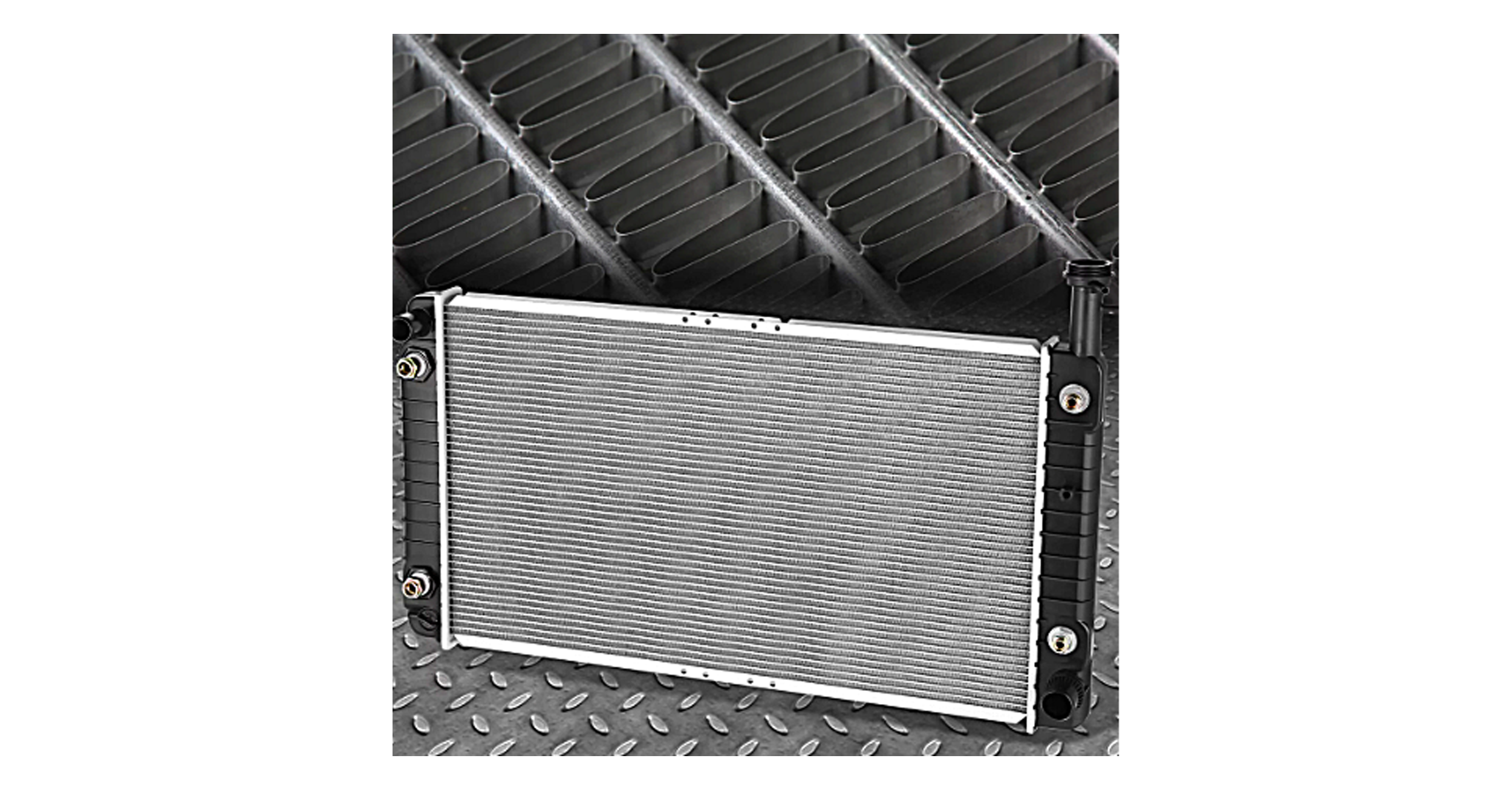您想继续阅读英文文章还
是切换到中文?
是切换到中文?

THINK ALUMINIUM THINK AL CIRCLE

Azerbaijan and Uzbekistan are collaborating on a new project to produce aluminium radiators, according to sources familiar with the matter. The project is slated for development within the Free Economic Zone of Alat in Azerbaijan, with the participation of Uzbekistan's trustworthy and responsible manufacturer investing approximately $10 million into the venture. The enterprise has one of the largest computer-integrated manufacturing facilities in Central Asia.

Uzbekistan is a leading producer of electrical products, including transformers, cables, wires, electronics, and household appliances. Its exports exceed $1 billion annually. The country's major export markets include the CIS, Eastern Europe, and Southeast Asia.
Azerbaijan's robust electrical industry is a significant player, producing 10,000 transformers annually and 100,000 kilometres of cables annually. The country's key production hubs are located in major cities such as Baku and Ganja. In 2023, Azerbaijan imported around $500 million worth of electrical products, primarily from China, Russia, and Europe.
In 2023, Uzbekistan's exports of electrical products to Azerbaijan reached a total of $33 million. This included $14.1 million worth of household appliances, $17.1 million in cable and copper products, and $1.1 million in other components.
Radiators are used primarily in heating systems to transfer thermal energy from one medium to another for space heating. They are commonly found in vehicles, sometimes in modern buildings, and often in traditional buildings. Radiators circulate hot fluid (usually water or coolant) through metal fins, radiating heat into the surrounding environment.
Aluminium radiators are in demand due to their superior heat conductivity, lightweight nature, and corrosion resistance compared to traditional materials. These properties make them more efficient in heat dissipation, leading to better engine cooling and overall vehicle performance in the automotive industry. Additionally, aluminium radiators contribute to fuel efficiency by reducing the vehicle's weight, aligning with the growing demand for energy-efficient and environmentally friendly solutions.
Uzbekistan's electrical engineering sector comprises around 1,000 manufacturing enterprises, predominantly small-scale, that produce over 2,000 types of products. These privately owned businesses and the industry employ more than 35,000 individuals.
The sector's largest players are the 76 member companies of the Association of Electrical Engineering Manufacturers (UzEltechSanoat), which account for over 90 per cent of the industry's output. Of these, 18 firms focus on electrical wires and cables, 27 on household appliances, and 32 on power transformers and other electrical products.
The Development Strategy of New Uzbekistan for 2022-2026 sets ambitious growth targets for the electrical engineering sector. It aims for a 1.4-fold increase in industrial production by 2026, emphasising doubling the production of high-value-added electrical engineering products and tripling exports. These targets underline the sector's potential for significant expansion.
The recently adopted Uzbekistan-2030 Strategy, effective September 2023, is designed to ensure the successful realisation of these goals outlined in the Development Strategy of New Uzbekistan.
Note: All information and data provided in this context have been sourced from Trend.az and Koreapost.com.
Responses








